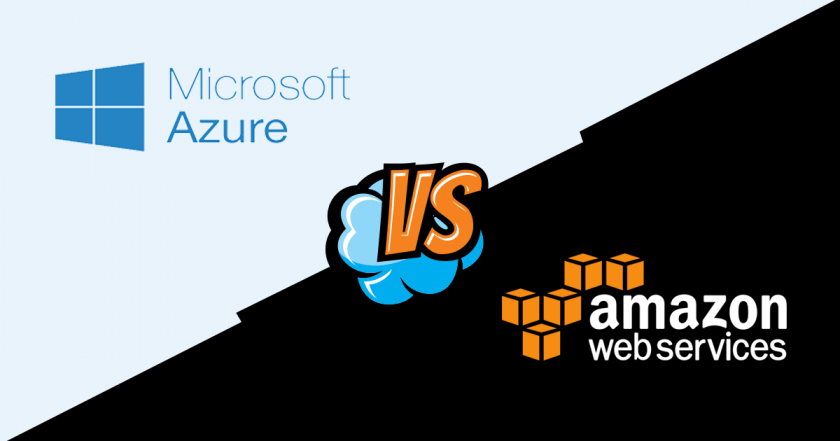How Much Open-Source Developing Do You Do?
You’re maybe starting to design more open-source applications lately, something popular with many other enterprises as well. For a while, Microsoft was uneasy about allowing Azure to work with open-source apps. While they debated the subject, Amazon pushed ahead and decided to make their AWS compatible to Linux and similar open-source projects.
While AWS had the upper hand on this for a time, Azure has finally caught up. They’ve more recently embraced Linux, with many of their virtual machines running on it. A couple of years ago, it was even reported Azure now uses Linux to run their cloud service.
Any of you working with Linux regularly can appreciate either service.
Government Usage
We know some enterprises work directly for the government. You’re probably trying to transition to the cloud like many other government offices.
Which cloud service works best for government offices? The good news is both offer excellent features focusing exclusively on government cloud services.
They offer isolated sections of the platform to work with these tools so it doesn’t interfere with the business side of things. Plus, they both give you complete compliance to all government regulations.
Azure Government is already well-known. AWS Government Cloud is also becoming a favorite government tool, and you’ll have many benefits using either.
Making the Final Decision
In the final stages of your decision, you might want to look at things like licensing and how much you’ll have to pay. Price is no doubt one of your main concerns about Azure and AWS. Both services offer cost calculators on their sites to help you determine what you’ll ultimately pay over the long-term.
What’s also notable is they offer free trials. With this in mind, you could try both for a limited time to see which ones ultimately best fit your enterprise structure.
Contact us at Insane Lab to learn more about the cloud and which vendor can realistically help you grow.


